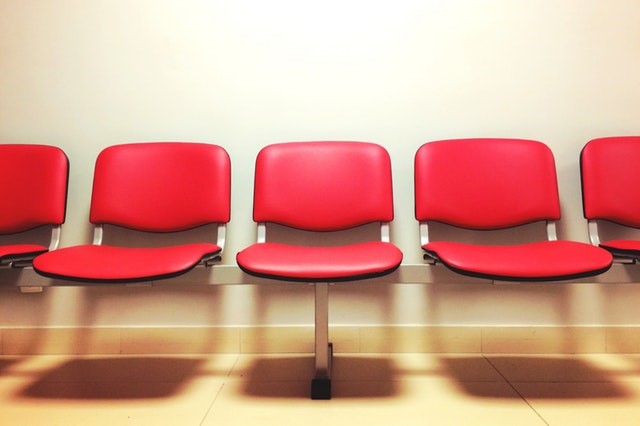
No shows can be easily reduced
It’s a known fact to hospitals that patients regularly do not show up at appointments. Yearly this problem called “no-show” results in costs of 300 million euros. Minister Schippers, who has been pleading for a more rigid approach for several years now, has indicated that the attention paid to the no-show problem and the approach used is paying off. Increasing amount of hospitals use resources to reduce the no-show problem. On a national level, there is a decrease in the number of patients who don’t show up for their appointment.
Proven result

Hospitals currently take various measures to address the no-show problem. Some hospitals take into account the number of patients that on average don’t show up when booking appointments. If however everyone does show up, this leads to an overbooked hospital, which results in longer waiting times. For many patients who make the time for their appointment, this system is incredibly frustratingly and is to the detriment of the service the hospital aims to provide their patients.
It is unjustifiable to ignore the large cost that no-show causes, especially because this cost is unnecessary made and can be reduced by taking small measures. The Catharina Hospital, by using innovative measures to counter this problem, has greatly reduced the number of no-shows. One of these measures is to send appointment reminders by SMS. Also at the Medical Centre Haaglanden in The Hague, sending SMS reminders as well as sending fines have led to half the amount of no-shows.
“SMS works well, this can be seen in the results. More patients show up to their appointments or reschedule in advance. “Evert Koldewijn – Catharina Hospital
In addition to the Catharina Hospital and the Haaglanden Medical Centre, Spryng works with hospitals such as Erasmus MC, OLVG, BovenIJ, Isala Clinics, Gelderse Vallei Hospital, Jeroen Bosch Hospital, ZGT and Alrijne Hospital to reduce their no-shows. Spryng has links with all hospital information systems such as Epic, ChipSoft, SAP, CSC, McKesson, Cloverleaf and also with all systems GGZ and GGD institutions, dentists, physiotherapists, opticians and pharmacists work with.
Aside from the large financial return achieved by sending appointment reminders by SMS, the occupancy rate of institutions and healthcare specialists is increased greatly. In addition, availability by phone is improved.
SMS Authentication
In addition to sending SMS reminders, hospitals often use SMS for authentication. SMS authentication improves security and privacy. Staff or patients receive a verification code by SMS with which they can log into their personal and secure online environment.
After a number of hospitals violated the Personal Data Protection Act, an increasing amount of hospitals send login codes by SMS. According to the Personal Data Authority, a significant number of hospitals only require a password when logging in, which is not safe enough. The Dutch Data Protection Authority therefore advises hospitals to use two-step verification. This means that in addition to a login name and password, an SMS code must also be entered before gaining access. This is to verify that the person who logs in is actually the patient.
Would you like to receive more information about how you can reduce the no-show problem within your organisation or would you like to make an appointment for advice? Please contact us for information, without any commitment at +31 020 – 7703 005 or e-mail us at info@spryng.sg. Our team at Spryng is happy to assist you 24/7.


